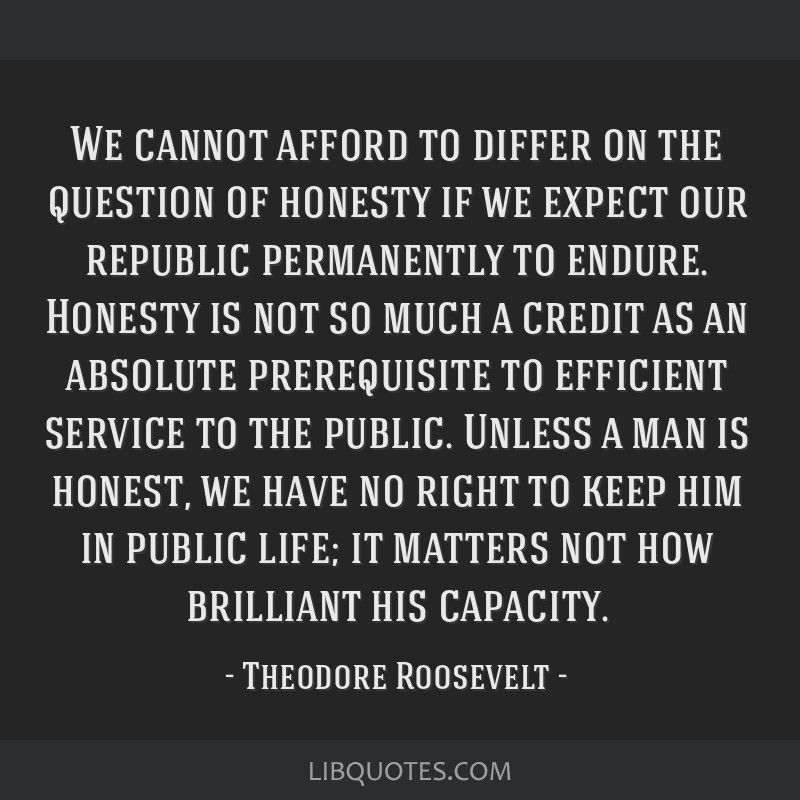“If our political institutions were perfect, they would absolutely prevent the political domination of money in any part of our affairs. We need to make our political representatives more quickly and sensitively responsive to the people whose servants they are. More direct action by the people in their own affairs under proper safeguards is vitally necessary… It is particularly important that all monies received or expanded for campaign purposes should be publicly accounted for not only after election, but before election as well. Political action must be made simpler, easier, and free or from confusion for every citizen.”
This quotation from Theodore Roosevelt’s New Nationalism speech about the need for electoral reform is as urgently relevant as it was in 1910. It neatly summarized the goals such a reform should have:
- The reduction of the influence of special interest money and power
- Increasing voter participation, while also
- Creating more confidence in the electoral process and outcomes
- Strengthening ethics and conflicts of interest rules for political leaders
The Senate will soon be considering a package of political and electoral reforms called the For the People Act (HR 1) passed on a party-line vote by the Democratic majority in the House of Representatives. It is a massive mash-up of changes in election law in the following areas:
- Voter Registration and Rights
- Election Integrity and security
- Campaign Finance Transparency
- Lobbying Regulations
- Ethics Reform
The bill contains some necessary changes to achieve the four goals mentioned above. However, it also contains provisions that would actually reduce confidence in our democratic institutions and potentially increase the influence of foreign money and special interests. I will highlight the good, bad and ugly provisions over the next few posts. The ugliness of some of the changes will require significant amendments to the bill for it to achieve TR’s vision.
Unfortunately, I have to lead with one of it ugliest failings – the bill’s length. It is an 886-page legislative monstrosity whose length and complex mandates makes any thoughtful consideration of its effects very difficult. While biased in favor of the bill, the Brennan Center for Justice at the NYU Law School provides a good annotated description of all of the bill’s changes. Ironically, it also illustrates why such an omnibus bill was unnecessary because the descriptions under each title refer to previous bills or current laws that address related issues. It shows how the bill could easily be broken down to a series of amendments to past reforms. Instead, the Senate must consider changes to the most fundamental democratic rights we have in a process of legislative chaos. It is chaotic because many changes have a knock-on effect on the rest of them.
At the very least, the Senate should resist the siren call of liberal globalists to vote on the bill without first sending it to committee for open hearings and the consideration of necessary amendments. A bi-partisan bill could then be crafted or it could be broken up into a series of bills. It would also be an opportunity to educate the public about the underlying issues and thus insure that one of TR’s primary goals of increasing confidence in the electoral system is achieved.
There is no question that our political system is broken and needs reform. However, a bill that lacks legitimacy and reasonable input from the American people will automatically be doomed to failure. My next post will concentrate on those provisions of the bill that enact true reforms, primarily regarding campaign finance and governmental ethics.



